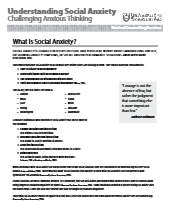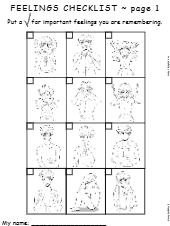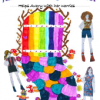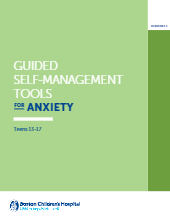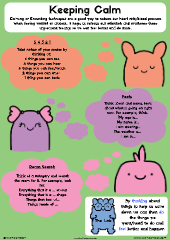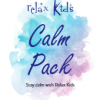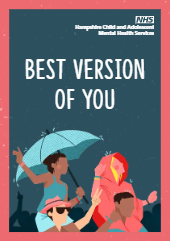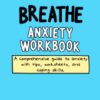 The My Anxiety Triggers Worksheet is a simple yet powerful resource designed to help children and young people identify and manage their unique anxiety triggers. This worksheet is particularly useful for educators, parents, and mental health professionals looking to support children in understanding what specific situations or events may heighten their anxiety. Knowing these triggers can empower children to develop coping strategies and seek support when needed.
The My Anxiety Triggers Worksheet is a simple yet powerful resource designed to help children and young people identify and manage their unique anxiety triggers. This worksheet is particularly useful for educators, parents, and mental health professionals looking to support children in understanding what specific situations or events may heighten their anxiety. Knowing these triggers can empower children to develop coping strategies and seek support when needed.
Key Features:
- Trigger Awareness: The worksheet encourages children to identify the situations, people, or events that often lead to feelings of anxiety. Triggers can vary greatly, from being teased or criticised to changes in routine or sensory overload.
- Personal Reflection: Children are given a list of potential anxiety triggers, such as waiting in queues, facing new activities, or dealing with criticism. They can check off the triggers that apply to them and even add any unique triggers they might experience.
- Building Coping Strategies: Once children identify their triggers, they can work with a parent, teacher, or therapist to develop personalised coping mechanisms. For instance, if a child is anxious about meeting new people, they might practise breathing techniques or have a familiar person accompany them to reduce anxiety.
- Collaborative Support: Knowing a child’s anxiety triggers allows others to adjust their approach, such as using clear communication, offering support in high-stress situations, or making adjustments to avoid or gradually expose the child to specific triggers.
This worksheet is ideal for use in both school and home environments. It opens up important conversations about anxiety, helping children feel understood and supported. By recognising and addressing their unique triggers, children are better prepared to navigate challenging situations with confidence.
The My Anxiety Triggers Worksheet is an invaluable tool for promoting emotional awareness and self-advocacy, empowering children to take an active role in managing their anxiety. This practical resource can help them build resilience and develop lifelong strategies for emotional well-being.
